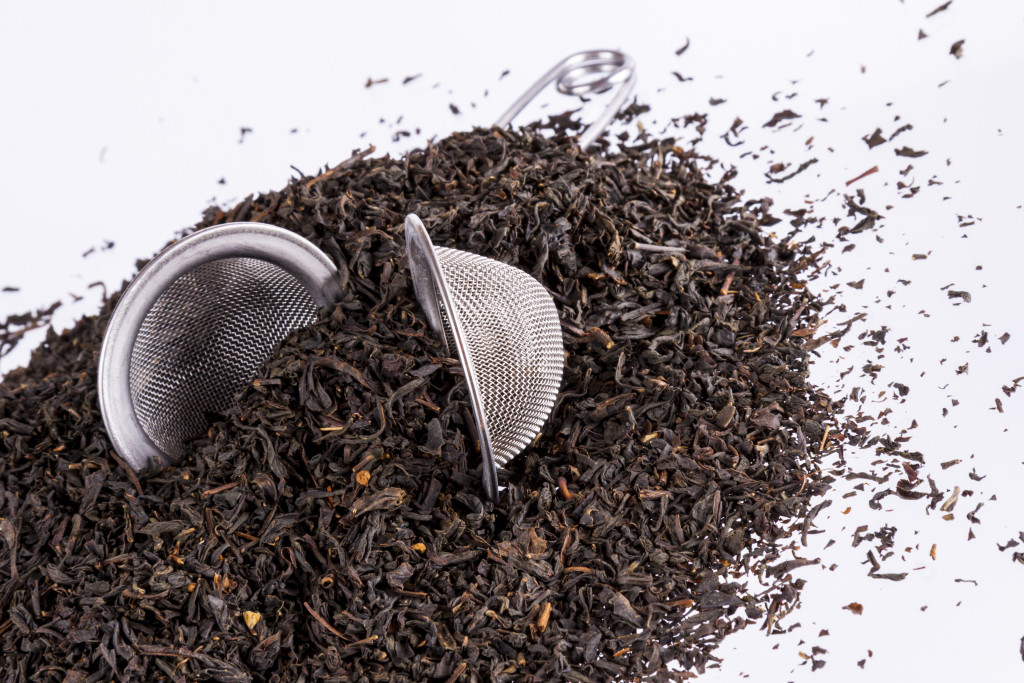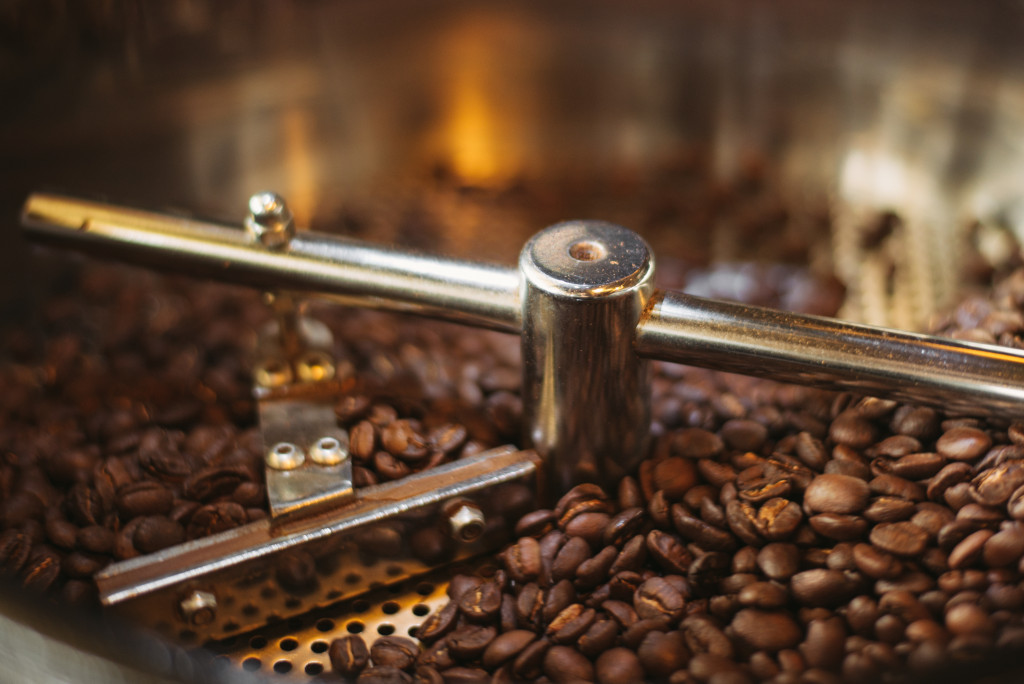- Matcha has a mild flavor and is lower in caffeine than coffee; it contains L-theanine which helps improve mental clarity.
- Yerba mate has higher levels of caffeine than tea and contains beneficial compounds like saponins and polyphenols.
- Chai tea is made from black tea leaves with aromatic spices, providing natural stimulation to help improve mental focus.
- Kombucha is a fermented tea beverage with probiotics and antioxidants which helps reduce inflammation levels in the body.
- Thai tea is made from steeped black tea leaves, condensed milk, and spices, with low caffeine content.
Coffee is one of the most popular drinks worldwide, enjoyed by millions of people daily. But if you’re looking to make healthier choices in your diet or reduce your caffeine intake—coffee may not be the best option for you. Luckily, there are plenty of alternatives that can offer health benefits and still give you a boost of energy. Here are five options that coffee lovers should consider as healthier alternatives.
1. Matcha Green Tea
Matcha green tea has become increasingly popular thanks to its unique flavor and numerous health benefits. Unlike regular green tea, matcha is made from ground up whole tea leaves that have been stone-ground into a powder form. This process helps to retain more of the antioxidants, vitamins, and minerals that are naturally present in tea.
Matcha has a milder flavor than coffee and is also lower in caffeine. It contains L-theanine, an amino acid that helps to improve mental clarity while providing your body with a calming effect. And because matcha is so rich in antioxidants like catechins and polyphenols, it can help reduce inflammation levels in your body by reducing free radical damage.
2. Yerba Mate
Yerba mate is another herbal beverage gaining popularity for its health benefits and unique taste. The leaves of this South American plant are dried and steeped just like regular tea—but they contain significantly higher levels of caffeine than tea and other beneficial compounds like saponins and polyphenols.
Yerba mate is said to have a mildly sweet taste with grassy, earthy undertones. It provides natural stimulation that can help improve mental focus and clarity while giving your body a gentle energy boost. Studies suggest that drinking yerba mate regularly may also reduce unhealthy cholesterol levels, making it an ideal choice if you want to maintain your heart health.
3. Chai Tea

Chai tea is another herbal beverage option that has become increasingly popular worldwide in recent years. It’s made from black tea leaves mixed with aromatic spices like ginger, cardamom, cinnamon, nutmeg, and others. The result is a flavorful, fragrant beverage that can help you relax while providing numerous health benefits.
Chai tea contains a moderate amount of caffeine and has antioxidant properties thanks to its various spices. It can help reduce inflammation in your body, aid digestion, and boost metabolic function. Drinking chai tea regularly may improve your mood since some of its spice components have been linked with improved cognitive function.
4. Kombucha
Kombucha is a fermented tea beverage that looks similar to traditional beer—but without the alcohol content. It’s made by fermenting black or green tea with specific bacteria and yeast strains which helps create beneficial compounds like probiotics, antioxidants, and natural acids. Kombucha has a slightly sour taste with a hint of sweetness and is usually carbonated, giving it a refreshing feel.
Studies suggest that kombucha may help improve gut health thanks to its probiotic content and reduce inflammation levels in your body. It also contains antioxidants, vitamins, and minerals like iron, calcium, and Vitamin B12—all of which can help promote physical energy and mental focus without the caffeine kick.
5. Thai Tea
Thai tea is made from steeped black tea leaves mixed with condensed milk and spices. It has a strong, sweet flavor that’s usually loved by most people who try it for the first time. Thai tea is lower in caffeine than coffee or even green tea, making it an ideal choice if you want to reduce your daily intake while still enjoying something flavorful.
The popularity of Thai tea has grown rapidly in recent years, and it’s now available worldwide in various forms. Whether you’re looking for a loose-leaf variety or convenient ready-made mixes, there are plenty of options. One option is the delicious Baabaa Thai Tea, made with premium-grade black tea leaves, all-natural spices, and pure condensed milk. The result is a flavorful beverage sure to please even the most discerning palates.
FAQs
How is decaf coffee made?
Decaffeinated or “decaf” coffee is made by steaming the beans in water and then using a solvent to extract the caffeine. The most commonly used solvent is ethyl acetate, which is derived from fermented fruit or vegetable sources. Other solvents such as carbon dioxide, supercritical fluid extraction, and methylene chloride are also sometimes used, although they may have more safety concerns than ethyl acetate. Once the caffeine has been removed, the beans are dried and roasted to create decaffeinated coffee.
Is it possible to make coffee without caffeine?
Yes, there are several methods for creating caffeine-free coffee that does not contain any stimulants from the coffee plant. These include herbal infusions, tisanes, extracts, and concentrates made from other plants, such as barley, chicory root, and yerba mate.
Are there any health benefits associated with drinking decaf?
Yes, there are some potential health benefits to drinking decaffeinated coffee. Studies have found that it may help to reduce cholesterol levels, improve cognitive function, and even lower the risk of type 2 diabetes in people who drink four or more cups per day. Additionally, since it doesn’t contain caffeine, it is less likely to cause jitteriness and other side effects associated with high-caffeine beverages like energy drinks or regular coffee.
Are there any other alternatives for people who don’t like coffee?
Plenty of delicious non-coffee beverages are available if you don’t enjoy the taste or effects of caffeine. Options include herbal teas such as chamomile or ginger tea, fruit juice spritzers, hot cocoa made with almond milk, smoothies, and even coffee-flavored energy drinks containing no actual coffee.
In Closing
When finding healthier alternatives for coffee drinkers, plenty of options can provide beneficial health properties while still offering you a flavorful and stimulating experience. Matcha green tea, yerba mate, chai tea, kombucha, and Thai tea are all great options with unique flavors and added benefits not found in coffee—so why not give one a try today? You won’t regret it!

